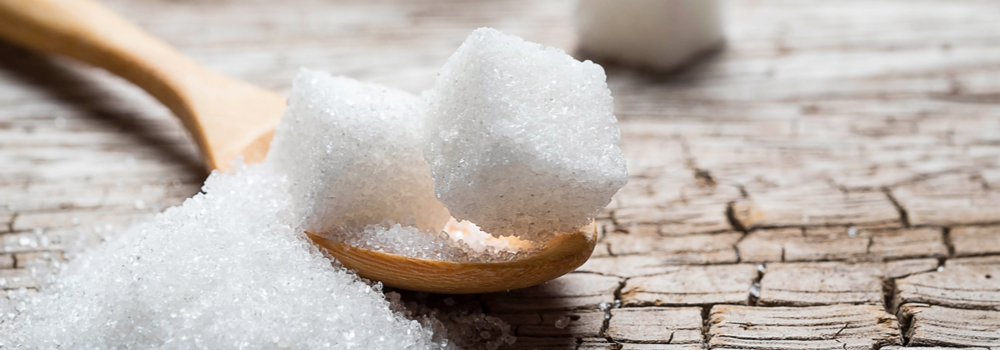Sugar is a common craving in early recovery. Alcohol is a sugar. When you detox from alcohol, your body is left craving the presence of sugar as much as it is the stimulation of dopamine. Drugs are not sugars, but stimulate the production of dopamine, which sugar also does. Sugar can quickly become an addiction of its own and is generally bad for health. Your body is a machine that deserves to be fueled with only the best and most useful ingredients. Here are five ways to beat early recovery sugar cravings.
- Drink more water: On average, the healthiest amount of water you can drink is approximately half your body weight in liquid ounces. Often, our cravings for sweets, treats, and untimely snacks are a result of dehydration. What our body confuses for hunger is truly thirst. Commonly, if we drink a glass of water when we are feeling an untimely craving, we find our hunger satisfied. Upon the water entering our mouth, we are amazed to discover how thirsty we were. If we have to have some kind of sweetness, we can infuse water with fruits and herbs like mint, rosemary, and basil.
- Eat more fruit: Fruit is a natural sugar. Some fruits like pineapple are so naturally concentrated with sweetness that the juice never has added sugar in it. Eating more fruit will satisfy the sugar cravings that come from artificial and processed sugars. Full of beneficial vitamins and minerals, fruit will complete a full-rounded diet and won’t give you the same high/crash as sugar. You’ll find that fruit becomes as sweet as candy. When fruit becomes too sweet to eat, you’ll have hardly a craving left for artificial sweets.
- Eat less processed carbs: Research has found that eating processed, sugar-heavy carbs kickstarts a nearly addictive sequence of craving and feeling a need for more sugar-heavy processed carbs. A well-rounded, healthy diet includes complex carbohydrates that the body needs for energy and fiber. Instead of processed carbohydrates, stick to natural ingredients with as few additives, preservatives, and fillers as possible.
- Avoid Agave: Agave is one of the most popular sugar replacements. Naturally derived from the agave plant, the syrup is used as an alternative for maple syrup, honey, and many other sweeteners. Health food restaurants and stores use agave promotionally, pushing the fact that their goods are “agave-sweetened”. Unfortunately, agave is not so healthy. Though it is somewhat low on the glycemic index, it is made mostly of fructose, which is not good for the body. Agave is considered to be more dangerous than sugar and far less healthy than raw honey.
- Become a sugar-free master: There are many sugar alternatives like honey, applesauce, and stevia, that you can use in cooking. Thanks to health trends like the Paleo diet, there is an entire world of making delicious treats, without the sweet, or the processed carbs. Alternative flours like flours from beans, nuts, or coconut, are just as efficient as grains like wheat, corn, and flour. Thousands of blogs, YouTube channels, and cookbooks exist for making epicurean delights without consuming too much sugar.
At Tree House Recovery, we help men build their body into a sustainable machine, driven by health, wellness, and a regimented fitness lifestyle. Learning how to respect and nourish the holistic self, men at Tree House Recovery graduate stronger and more connected to themselves and the world around them. Creating sustainable recovery through sustainable change, our long term residential programs in Portland, Oregon are teaching men how to find freedom from addiction. Call us today for more information: (503) 850-2474




